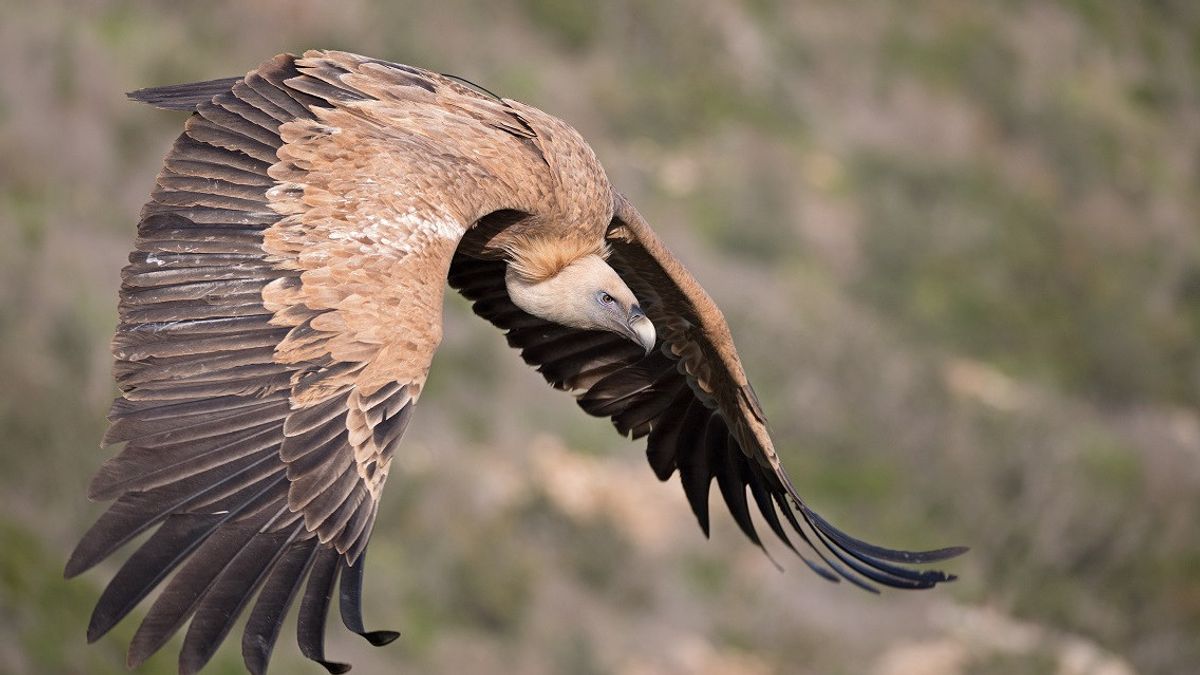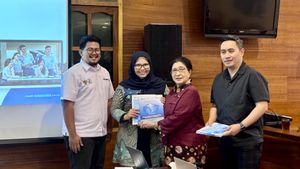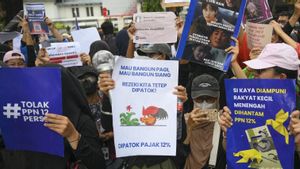JAKARTA - Cyprus released the pheasant griffon into the wild on Wednesday, in its latest bid to increase the population that used to grow rapidly which is now threatened with extinction by poisoning.
The island's largest predatory birds have experienced a dramatic decline in population in recent decades, either due to unintentional poisoning or changes in agricultural engineering that left them short of food.
Earlier this year, the nasar griffon population suffered heavy losses from poisoning, reducing the number to just eight, conservationist said.
They will join eight nasar birds from Spain, home to Europe's largest nasar griffon population, which was released on Wednesday in the northern mountains of the coastal city of Limassol.
They formed a 15-member group of birds brought to the island last year, with seven released in mid-September. The other 15 are expected from Spain in November.
Dalam dekade terakhir, Cyprus juga membawa burung nasar griffon dari pusat.
"We only have eight birds because toxic baits are placed in the countryside, especially to kill runts and dogs," said Melpo Apostolidou, project coordinator at the BirdLife Cyprus, one of the partners in the EU-funded 'Life with Cultures' project section. Euronews September 29.
The birds with names such as "Pablo" and "Zenonas" have been equipped with satellite trackers to monitor their movements.
It is known that the large, thin, and smelly nasar griffon birds play an important role as nature's 'cleansman', eating carcasses and reducing disease spread. However, the use of poison is forbidden to kill pests has a negative impact on this bird.
Nicos Kassinis, a senior Cyprus's Game and Fauna Service officer, said authorities were operating several feeding sites and had formed a dog unit trained to detect toxic bait.
"This is a serious problem," he said.
Conservationist said, only when the use of poison is handled effectively, birds can begin to thrive again.
"Even if we continue to carry nasar birds from other places, we are only delaying their extinction if we do nothing to reduce the frequency of poisoning incidents," said Apostolidou.
The English, Chinese, Japanese, Arabic, and French versions are automatically generated by the AI. So there may still be inaccuracies in translating, please always see Indonesian as our main language. (system supported by DigitalSiber.id)













